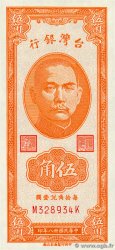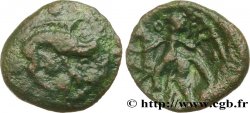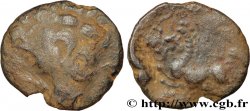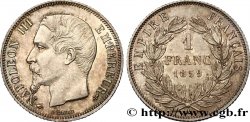fwo_809655 - CHINA 1 Yuan Président Yuan Shikai an 9, erreur de frappe (lamination) (1920)
Not available.
Item sold on our e-shop (2023)
Price : 1 500.00 €
Item sold on our e-shop (2023)
Price : 1 500.00 €
Type : 1 Yuan Président Yuan Shikai an 9, erreur de frappe (lamination)
Date: (1920)
Quantity minted : -
Metal : silver
Millesimal fineness : 890 ‰
Diameter : 39 mm
Orientation dies : 12 h.
Weight : 26,40 g.
Edge : cannelée
Rarity : R2
Slab

PCGS : AU50
Coments on the condition:
Exemplaire sous coque PCGS AU50 OBV/REV Lamination
Catalogue references :
Obverse
Obverse legend : (INSCRIPTION EN CHINOIS DE 7 CARACTÈRES) 造年九國民華中.
Obverse description : Portrait de Yuan Shikai à gauche en uniforme.
Reverse
Reverse description : Couronne de feuillage.
Commentary
Yuan Shikai (1859-1916) est un militaire et homme politique chinois. Homme fort sous le régime impérial des Qing , il négocie avec les révolutionnaires. Ainsi en 1912, il succède à Sun Yat-sen en devenant président de la République de Chine. Grâce à son contrôle sur l’armée, il instaure un régime autocratique. Le 12 décembre 1915, il s’autoproclame Grand Empereur de Chine mais isolé doit abandonner le pouvoir en mars 1916. Il meure d’une hémorragie en juin 1916.
Yuan Shikai (1859-1916) was a Chinese military and political figure. A strongman under the Qing imperial regime, he negotiated with the revolutionaries. In 1912, he succeeded Sun Yat-sen by becoming President of the Republic of China. Thanks to his control over the army, he established an autocratic regime. On December 12, 1915, he proclaimed himself Grand Emperor of China, but in isolation, he had to give up power in March 1916. He died of a hemorrhage in June 1916.
Yuan Shikai (1859-1916) was a Chinese military and political figure. A strongman under the Qing imperial regime, he negotiated with the revolutionaries. In 1912, he succeeded Sun Yat-sen by becoming President of the Republic of China. Thanks to his control over the army, he established an autocratic regime. On December 12, 1915, he proclaimed himself Grand Emperor of China, but in isolation, he had to give up power in March 1916. He died of a hemorrhage in June 1916.







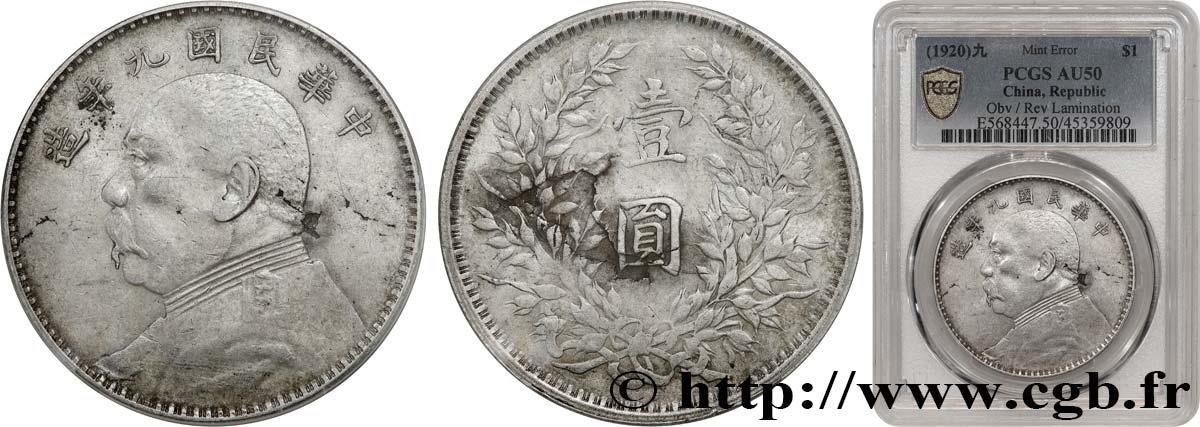
 Report a mistake
Report a mistake Print the page
Print the page Share my selection
Share my selection Ask a question
Ask a question Consign / sell
Consign / sell
 Full data
Full data
